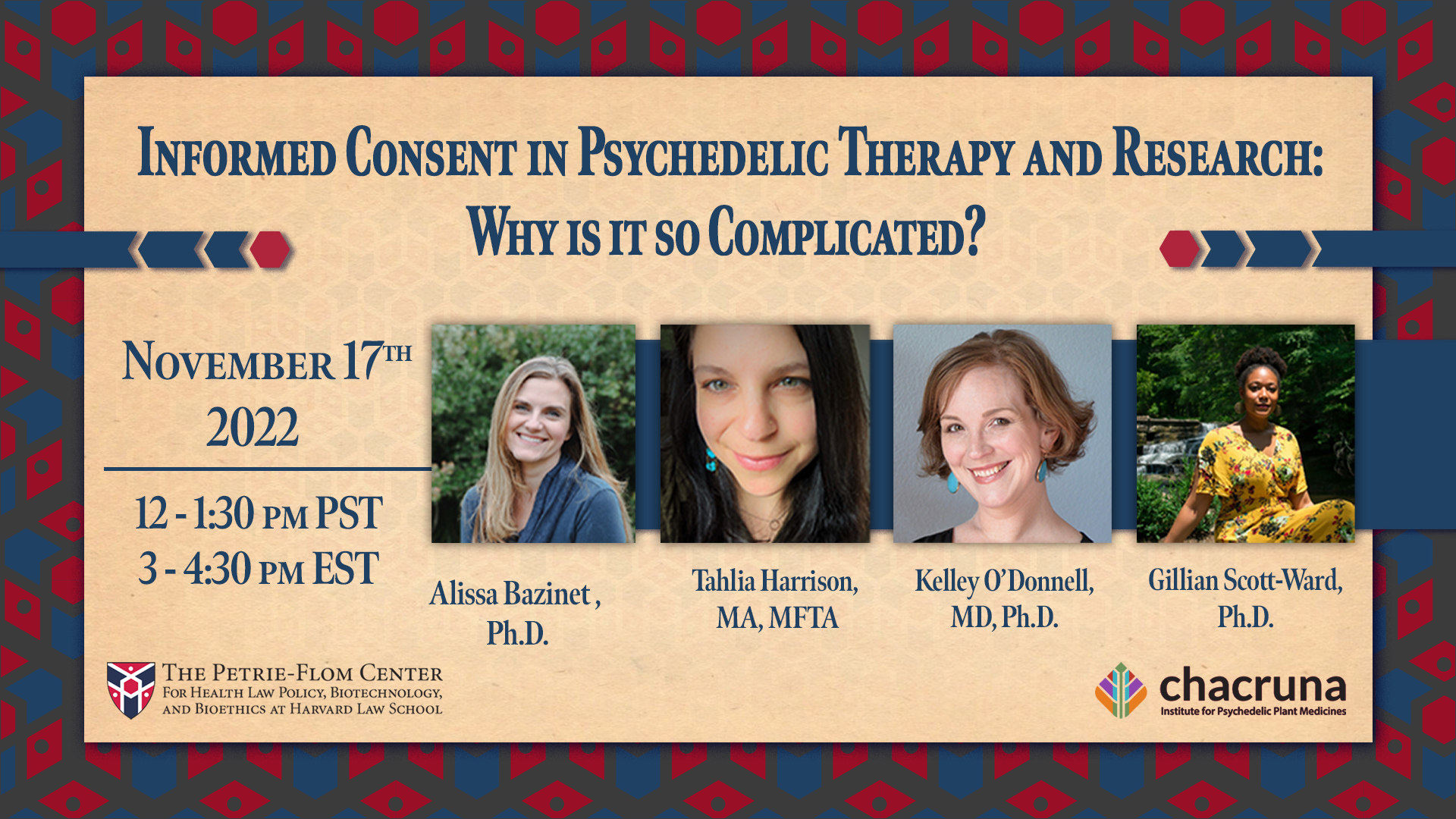- Meet Chacruna at Psychedelic Science 2025 - May 27, 2025
- Psychedelics and Attachment: Fundamentals, Implications, and New Frontiers - May 16, 2025
- Development Outreach Internship (OPEN) - May 6, 2025
Thursday, November 17th, 2022 from 12:00-1:30pm PST | 3:00-4:30pm EST
This event is FREE. Register for this event here.
This event is a partnership between the Project on Psychedelics Law and Regulation at the Petrie-Flom Center at Harvard Law School.

As psychedelics are quickly becoming implemented into the Western therapeutic medical model, ethical codes and boundaries are essential to ensure safe practices with these substances. An important topic when thinking about this is informed consent. What is the role of power dynamics in informed consent for psychedelic-assisted therapies and research? Can an explicit conversation of power dynamics prior to beginning a treatment protocol help to mitigate the potential for abuses of power within a psychedelic therapy setting? How can a person consent to enter an “altered state of consciousness” if they have never experienced such a state before? What are the risks unique to psychedelic-assisted therapy that should be considered in informed consent? How can best efforts be made to explain the experience of an “altered state” to therapy clients and research participants? Can an explicit conversation about social identities and power dynamics prior to beginning a treatment protocol help to mitigate the potential for abuses of power within a psychedelic therapy setting? This forum will answer these questions and more, with speakers Alissa Bazinet, PhD, who is a clinical psychologist, Tahlia Harrison, MA, who is a registered marriage and family associate, researcher, and bioethicist, Kelley O’Donnell, PhD, who is a board-certified psychiatrist and an Assistant Professor of Psychiatry at the NYU School of Medicine, and Gillian Scott-Ward, PhD, who is an internationally-known Clinical Psychologist, filmmaker and advocate for social justice.
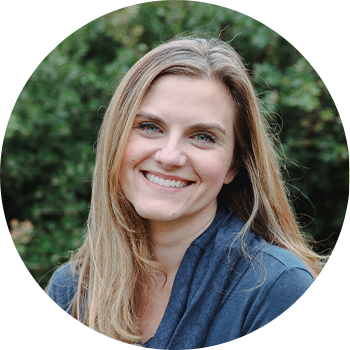
Alissa Bazinet, Ph.D. is a clinical psychologist and researcher in Portland, Oregon. She is Co-Founder and Director of Research & Development at Sequoia Center, a nonprofit clinic offering accessible psychedelic-assisted therapies, training, and education. She has over 15 years of experience working with adults with histories of complex trauma and maintains a private practice providing ketamine-assisted psychotherapy and psychedelic integration. She is the Associate Director of the Social Neuroscience and Psychotherapy Lab at Oregon Health & Science University and the Portland VA Healthcare System, and a co-investigator on research projects focused on understanding ethical attitudes among psychedelic practitioners and safety and equity outcomes within Oregon’s newly emerging psilocybin services program. She serves on the board of the National Psychedelics Association and on the training subcommittee of the Oregon Psilocybin Advisory Board. She is passionate about building infrastructure that supports safe and accessible psychedelic healing for all, across varied contexts.
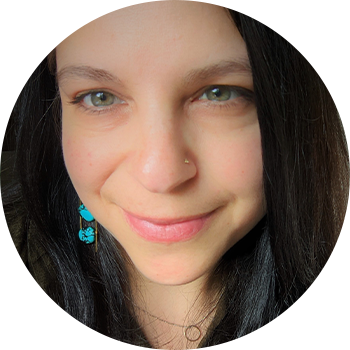
Tahlia Harrison is a registered marriage and family associate, researcher, and bioethicist born and raised (mostly) in Portland, Oregon. Tahlia holds an MA in Bioethics and Science Policy from Duke University and an MA in Marriage, Couple, and Family Therapy from Lewis and Clark Graduate School who’s program centers culturally responsive, antiracist, systemically-oriented principles in their clinical training. Tahlia is committed to bringing forward these principles in all of her endeavors and believes it is an ethical responsibility to work towards changing systems causing harm to the people she is entrusted to support as a clinician and researcher. Tahlia is currently continuing her research examining topics at the intersection of psychology, research ethics, psychedelics, culturally responsive clinical practice, and health disparities through doctoral study at the University of Ottawa in experimental psychology and psychedelic therapies with Dr. Monnica Williams at her Laboratory for Culture and Mental Health Disparities.
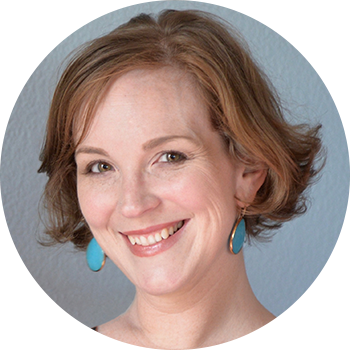
Dr. Kelley O’Donnell is a board-certified psychiatrist and an Assistant Professor of Psychiatry at the NYU School of Medicine, where she is the Director of Clinical Education at the NYU Langone Center for Psychedelic Medicine. She earned her MD and PhD degrees in the Medical Scientist Training Program at UCLA before training in psychiatry at NYU. She has extensive experience as a psychedelic therapist working with psilocybin, MDMA, and ketamine, and she is involved in various initiatives to advance psychedelic education among medical professionals and trainees. In addition to her work at NYU, she is on the faculty of the psychedelic therapy training programs at the Integrative Psychiatry Institute and the Polaris Insight Center, and she is an Assistant Trainer in the MDMA Therapist Training Program at MAPS-PBC. She has a private practice in Manhattan, where she specializes in depth psychotherapy, ketamine-assisted psychotherapy, and psychedelic integration.
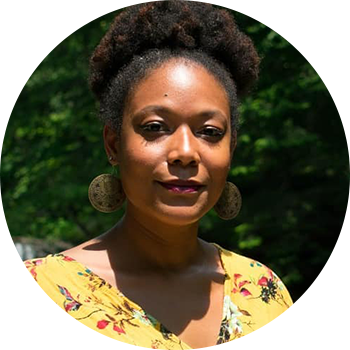
Gillian Scott-Ward, PhD is an internationally-known Clinical Psychologist, filmmaker and advocate for social justice. She specializes in healing through the mind-body-soul connection, integrating a variety of clinical tools such as Mindfulness-Based Stress Reduction, Energy Psychology, EFT/Meridian Tapping, Somatic Therapy and is a certified EMDR (Eye-Movement Desensitization and Reprocessing) therapist. She is a recent graduate of the Certificate in Psychedelic Assisted Therapies and Research program at the California Institute of Integral Studies and currently practices Ketamine-Assisted Psychotherapy (KAP) with individuals within her private practice. She recently held her first KAP group for Clinicians of Color in New York City. She is passionate about the power of sounds, music, smell and touch to shift us into altered states of consciousness. She is currently exploring ways to weave Strength-Based EMDR resourcing into integration work to support journeyers ability to shift into healthier, embodied, ways of being.
This talk will be recorded and immediately available for rewatch for all attendees.
Do you love Chacruna? Want free entry to events, access to our online member community and exclusive events, free merchandise, and much more! Become a member!
Take a minute to browse our stock:
Did you enjoy reading this article?
Please support Chacruna's work by donating to us. We are an independent organization and we offer free education and advocacy for psychedelic plant medicines. We are a team of dedicated volunteers!
Can you help Chacruna advance cultural understanding around these substances?


